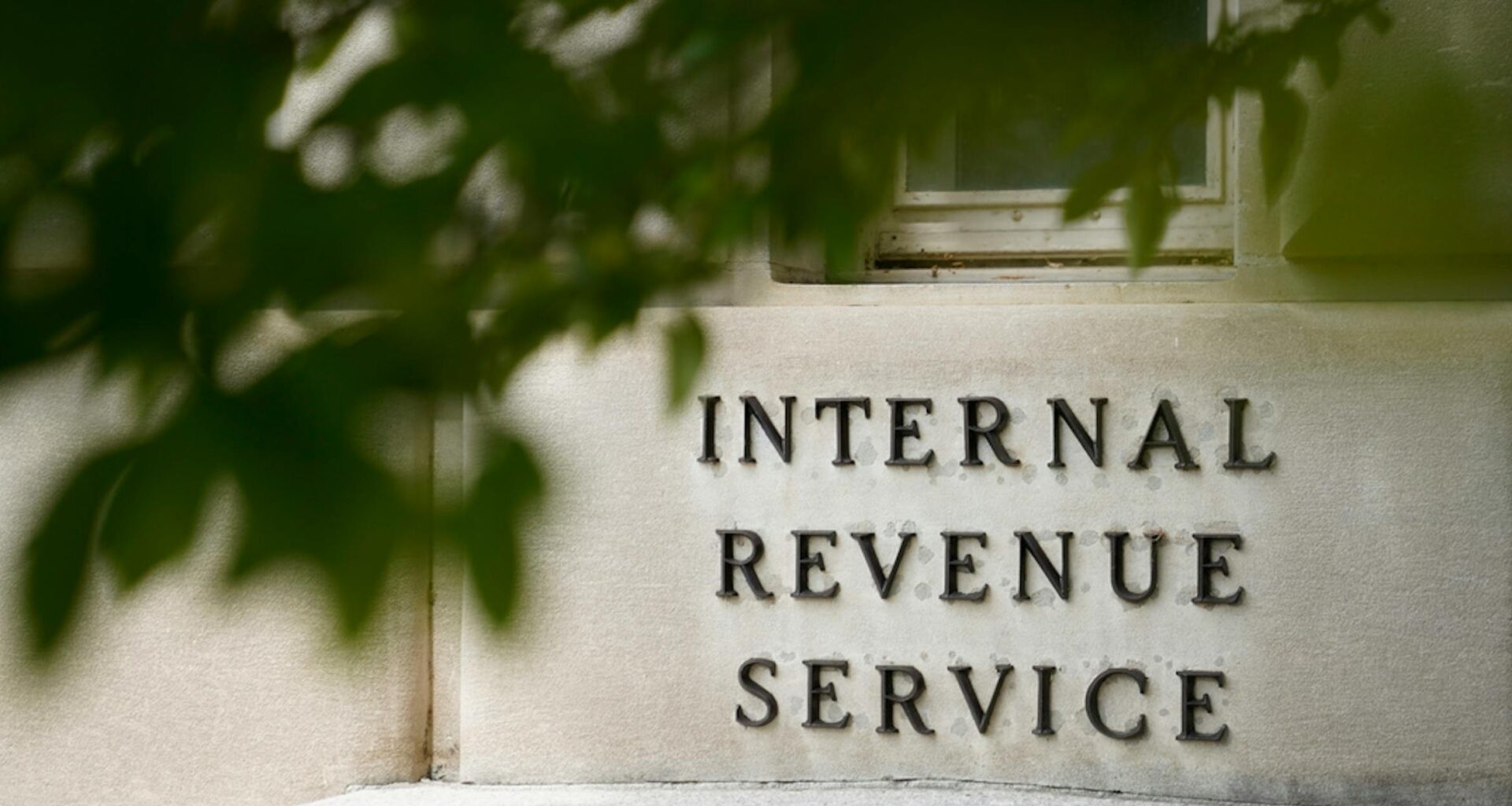In Minnesota, where trust in nonprofits has remained relatively strong despite scandals like the Feeding Our Future fraud case, some fear this moment could mark a turning point.
“Feeding Our Future did the whole sector an immense disservice,” Ellis said. “It cast the whole sector in a more negative light. Adding repeal of the Johnson Amendment on top of that — it would break my heart. I think it really would erode more of that trust.”
Critics of the Johnson Amendment, including the plaintiffs in the Texas case, argue that it infringes on free speech. But Ellis called that claim “asinine.”
“It prohibits organizations, not individuals, that receive tax benefits from endorsing or opposing candidates — and that’s it,” she said. “Staff and faith leaders can say what they want as individuals. And if an organization wants to endorse, it can reorganize under a different tax status.”
The proposed settlement could create a murky gray area — technically leaving the law intact, but functionally encouraging selective enforcement. That, Ellis said, risks turning nonprofits into vehicles for undisclosed political contributions.
“There’s a very real dark money component,” she said. “It would transform charitable nonprofits into vehicles for political donations without disclosure. That’s terrifying.”
